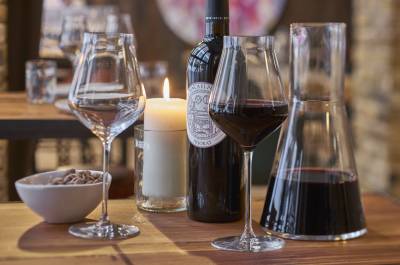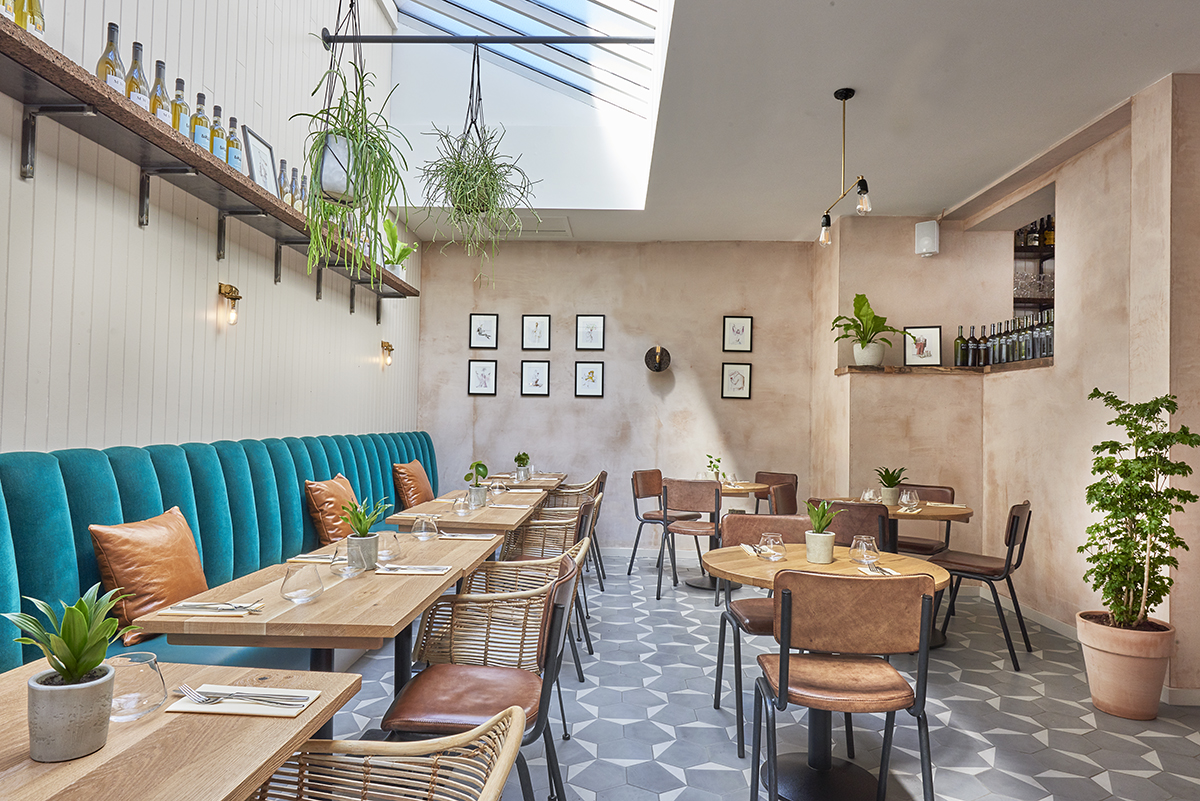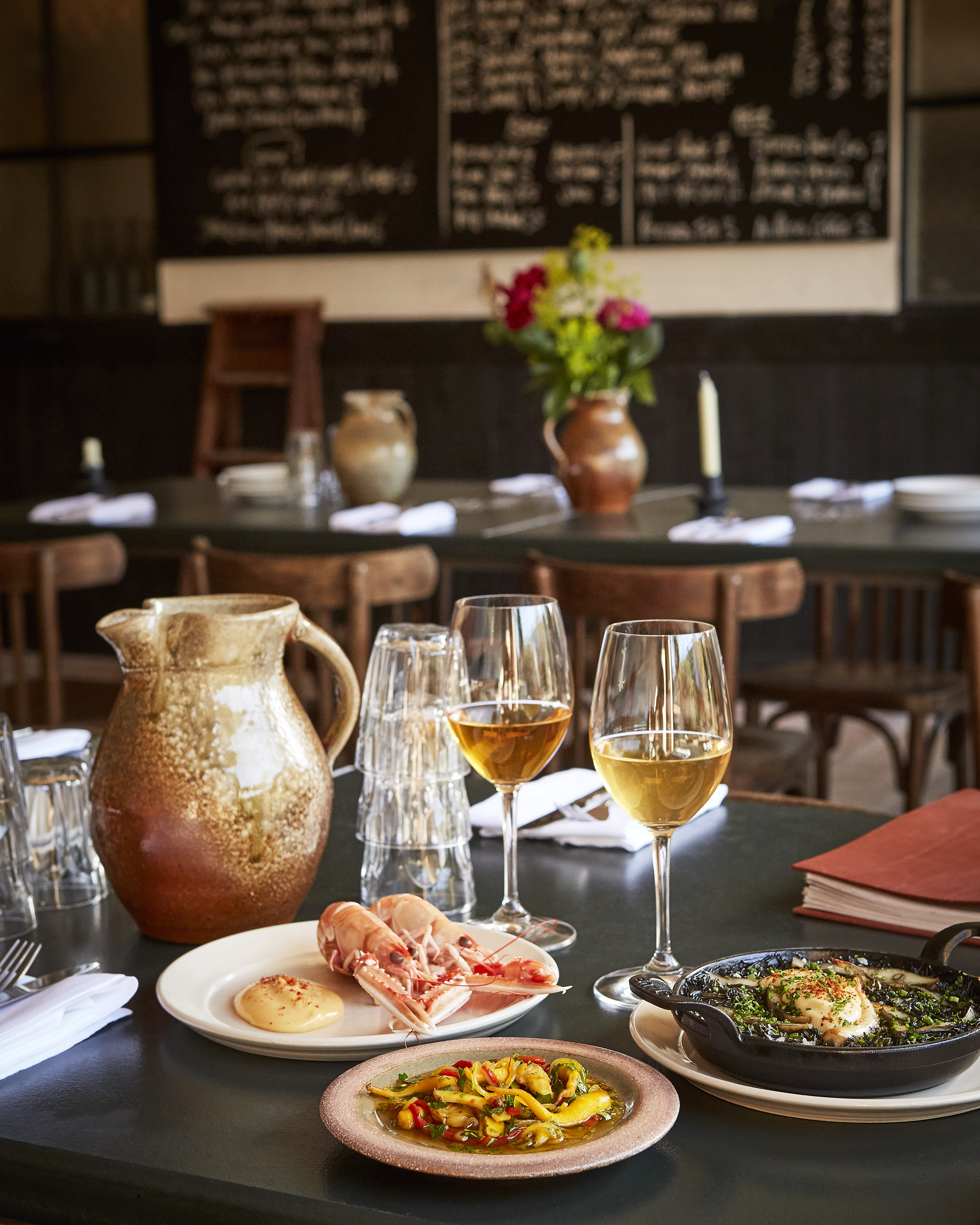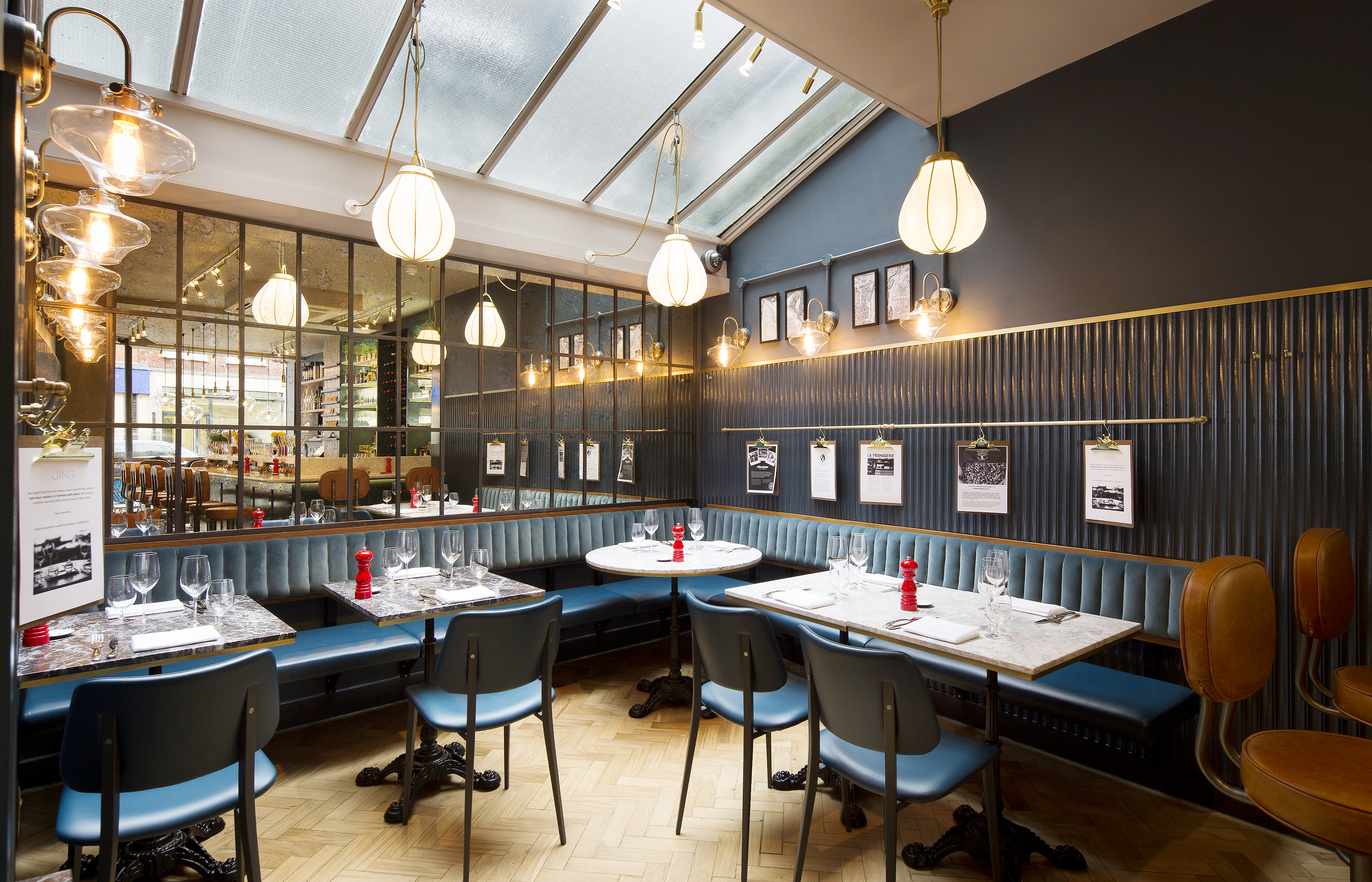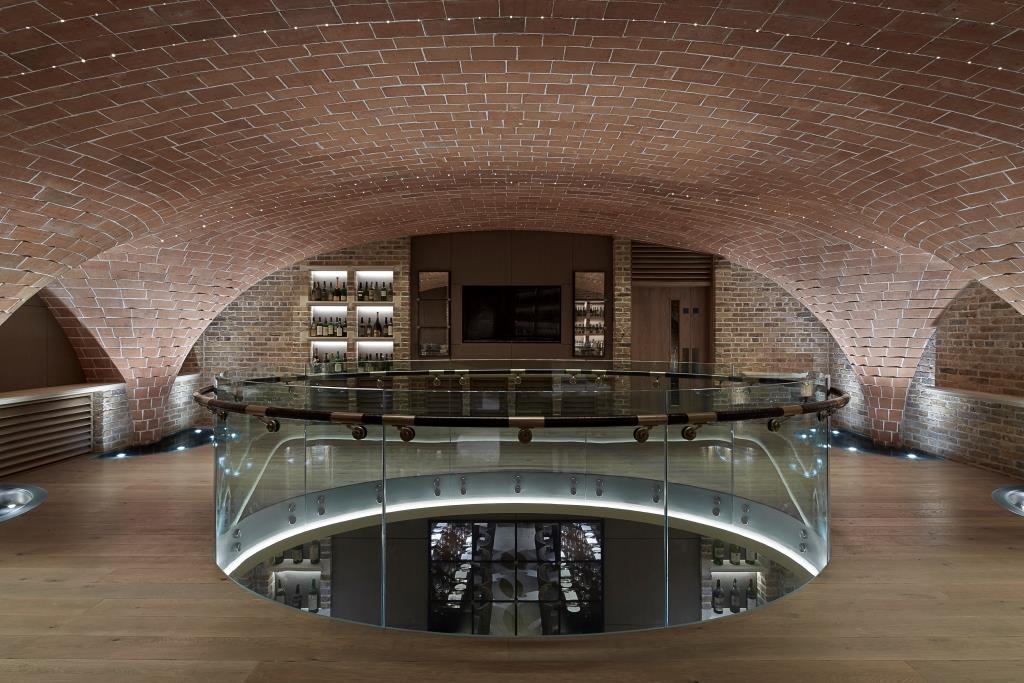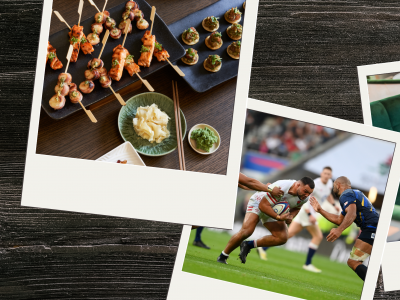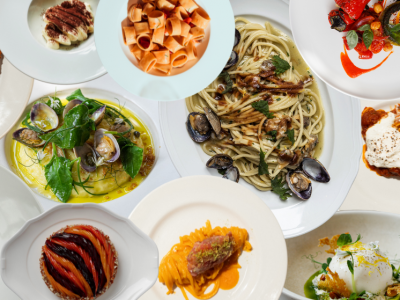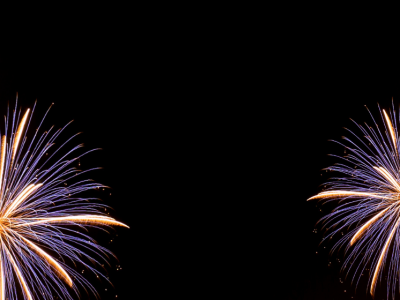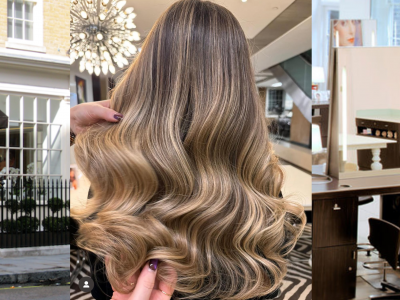For centuries, colonial domination abroad and vineyard-unfriendly rain at home meant wine-lovers in London had a craving for the juice of conquered lands that continued long after these colonies gained independence. It was a thirst these former colonies were happy to quench. The upshot was a city second to none for buying bottles. Until recently, however, there wasn’t anywhere decent to drink them.
How things have changed. The proliferation of wines by the glass (thanks largely to Coravin and Enomatic machines, able to preserve opened bottles, sometimes for weeks) has enabled the timid to venture into the wilds — such as Georgia or an unknown patch of France — without paying for a whole bottle, which might prove a mistake. The natural wine movement has also changed the conversation, serving wines that range from fabulous to faulty without fear of complaint; send it back and you’re the philistine.
The natural wine craze has calmed down, believes Daniel Illsley, whose third branch of eclectic shop Theatre of Wine opened in Leytonstone in east London a year ago.“That battle has been won. There’s a counter-movement, somewhere between ‘It’s natural, so it’s good’ and contempt for all these wines.”
